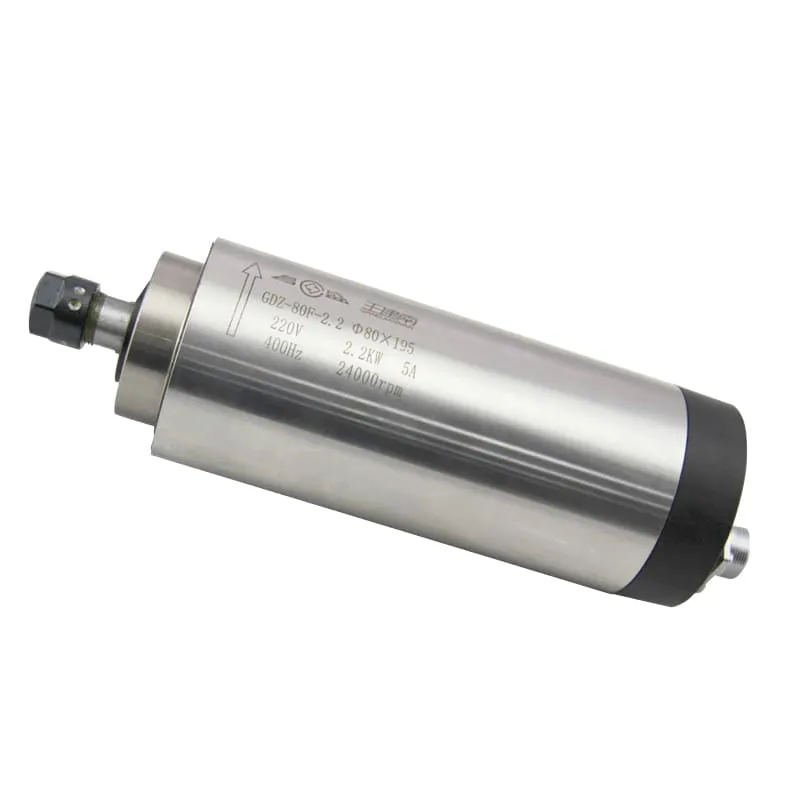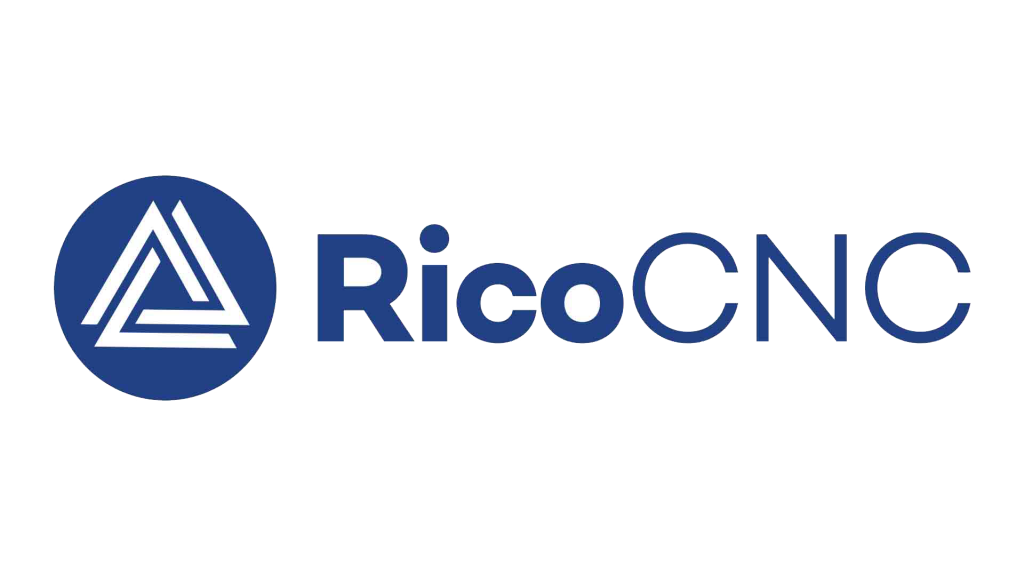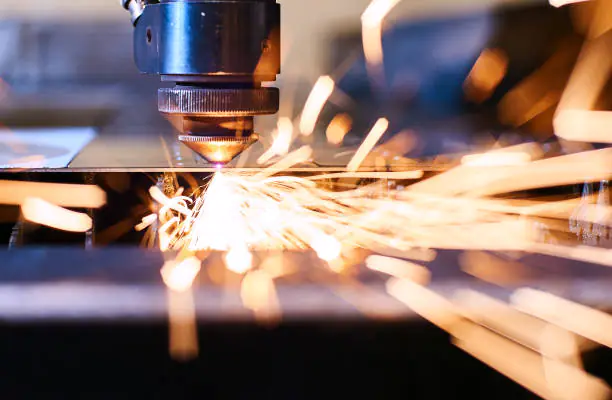Can You Build Your Own CNC Machine?
Building your own CNC (Computer Numerical Control) machine is an ambitious yet achievable project for hobbyists, makers, and small business owners. This comprehensive guide will explore the process of creating a custom CNC machine from scratch, covering essential components, steps, considerations, and best practices.
Understanding CNC Machines
A CNC machine is a computer-controlled tool that creates precise cuts and shapes in various materials. These machines use computer-generated instructions to control the movement of cutting tools across multiple axes, enabling accurate and repeatable machining operations.

A typical CNC router with a spindle motor
Types of CNC Machines
There are several types of CNC machines you can build:
- CNC Router
- CNC Mill
- CNC Lathe
- CNC Plasma Cutter
- 3D Printer (a type of additive CNC machine)
Essential Components for Building a CNC Machine
To build your own CNC machine, you’ll need several key components:
- Frame: The structural backbone of your machine.
- Motion System: Includes linear rails, ball screws, and bearings.
- Motors: Typically stepper or servo motors.
- Spindle Motor: The rotating cutting tool.
- Controller: The brain of the CNC machine.
- Software: For design and machine control.
Steps to Build Your Own CNC Machine
1. Design and Planning
- Determine the size and type of CNC machine you want to build.
- Create a detailed plan and budget.
- Choose between building from scratch or using CNC kits for beginners.
2. Gathering Materials and Parts
- Source high-quality components for your build.
- Consider ready-made CNC machine parts for easier assembly.
3. Building the Frame
- Use sturdy materials like aluminum extrusions or steel.
- Ensure the frame is square and level.
4. Installing the Motion System
- Mount linear rails and ball screws.
- Align components precisely for smooth motion.
5. Adding Motors and Electronics
- Install stepper or servo motors.
- Set up the controller and wiring.
6. Mounting the Spindle Motor
Choose a spindle motor appropriate for your needs. Options include:
- 2.2KW ER20 Air-Cooled Spindle for general-purpose use.
- 3.5KW ER20 Air-Cooled Spindles for more demanding applications.
7. Software Setup
- Install and configure CNC control software.
- Learn CAD/CAM software for designing and generating G-code.
Time and Cost Considerations
Building a CNC machine from scratch requires a significant investment of time and money:
- Time: Depending on complexity and your experience, it can take anywhere from a few weeks to several months.
- Cost: Costs can range from $500 for a basic machine to $5000 or more for a more advanced setup.
Factors affecting time and cost include:
- Machine size and complexity
- Quality of components used
- Your existing skills and tools
- Whether you’re using a kit or sourcing parts individually
Choosing Materials for Your CNC Machine
The choice of materials is crucial for building a robust and accurate CNC machine:
- Frame: Aluminum extrusions, steel, or high-quality plywood
- Linear Motion: Hardened steel rails and ball bearings
- Lead Screws or Ball Screws: For precise movement
- Electronics: Quality stepper motors, drivers, and control board
Software for CNC Machining
Selecting the right software is essential for operating your DIY CNC machine:
- CAD Software: For designing your projects (e.g., Fusion 360, FreeCAD)
- CAM Software: To generate toolpaths and G-code (e.g., MeshCAM, CamBam)
- Machine Control Software: To operate your CNC machine (e.g., Mach3, LinuxCNC)
Starting Your CNC Machine Build
To start building your CNC machine:
- Research and decide on a design that fits your needs and skill level.
- Create a detailed parts list and sourcing plan.
- Set up a dedicated workspace for the build.
- Begin with the frame assembly, ensuring accuracy at each step.
Custom CNC Machine vs. Industrial-Grade CNC Machine
While building a custom CNC machine can be rewarding, it’s important to understand its limitations compared to industrial-grade CNC machines:
| Aspect | Custom CNC Machine | Industrial-Grade CNC Machine |
|---|---|---|
| Cost | Lower | Higher |
| Precision | Good to Excellent | Excellent |
| Speed | Moderate | High |
| Durability | Varies | High |
| Customization | High | Limited |
| Support | Community-based | Professional |
FAQ
1. How much does it cost to build a CNC machine from scratch?
Costs can range from $500 to $5000 or more, depending on size, complexity, and component quality.
2. What skills do I need to build a CNC machine?
Basic mechanical skills, some electronics knowledge, and familiarity with CAD software are helpful. Problem-solving skills and patience are also crucial.
3. How long does it take to build a CNC machine from scratch?
It can take anywhere from a few weeks to several months, depending on the complexity of the machine and the time you can dedicate to the project.
4. Can I use a regular router for my DIY CNC machine?
While possible, it’s generally better to use a dedicated CNC spindle like the 4.5KW ER32 Air-Cooled Spindle for better performance and longevity.
5. What’s the difference between a CNC router and a CNC mill?
CNC routers are typically used for cutting softer materials like wood and plastics, while CNC mills are designed for harder materials like metals.
6. Is it cheaper to build or buy a CNC machine?
Building can be cheaper, especially for larger machines, but it requires more time and effort. Buying offers convenience and support but at a higher cost.
Conclusion
Building your own CNC machine from scratch is a challenging but rewarding project that can provide you with a customized tool tailored to your specific needs. It requires careful planning, research, and a significant investment of time and effort. However, the process can be an excellent learning experience, giving you in-depth knowledge of CNC technology and machining principles.
Whether you’re a hobbyist looking to expand your capabilities or a small business owner aiming to bring production in-house, a DIY CNC machine can be a valuable addition to your workshop. By carefully selecting quality components, such as robust spindles and precise motion systems, and taking the time to ensure accurate assembly, you can create a machine that rivals commercial models in many aspects.
Remember that building a CNC machine is just the beginning. As you use and refine your machine, you’ll continue to learn and improve your skills in both machining and CNC technology. The DIY CNC community is a rich resource for support, ideas, and inspiration as you embark on this journey.
Ultimately, the decision to build your own CNC machine should be based on your goals, budget, and willingness to invest time in the project. For many, the satisfaction of creating a functional, precise machine with their own hands far outweighs the challenges encountered along the way. Whether you choose to build or buy, entering the world of CNC machining opens up exciting possibilities for creativity and production.

